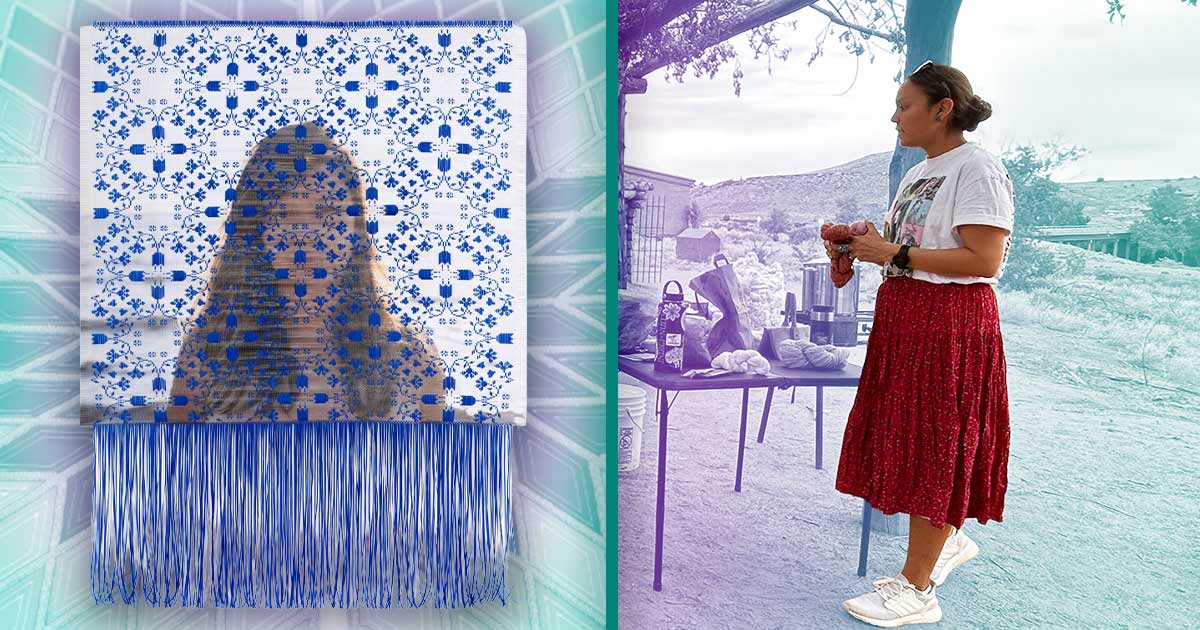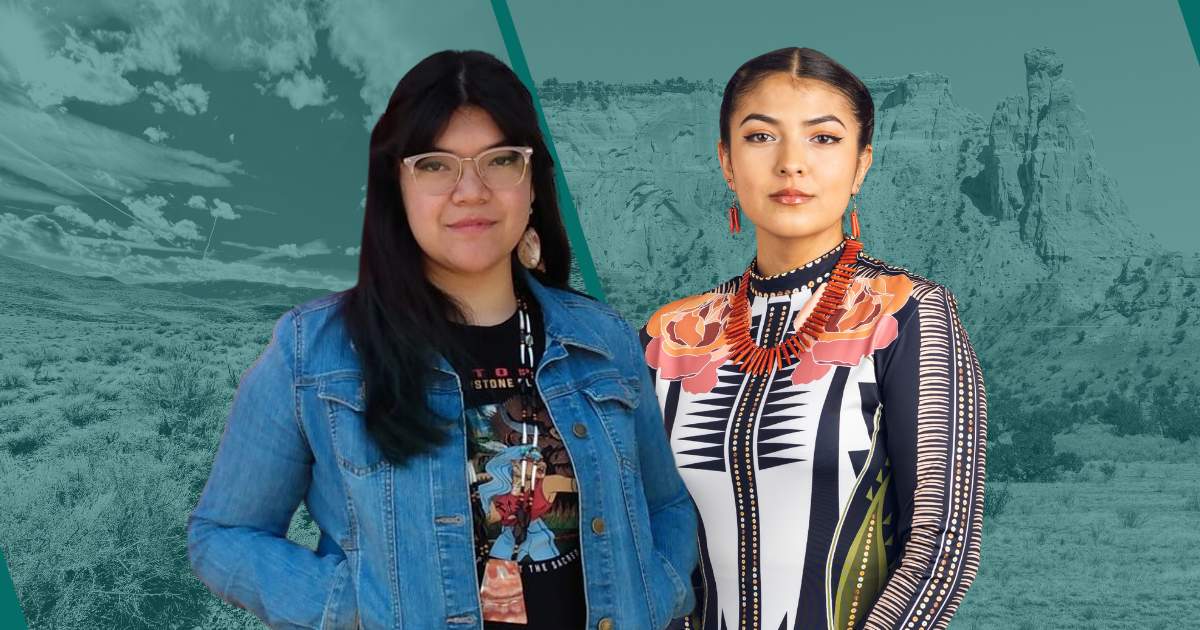
Audio Forensics for Tribal Music Preservation
By Sarah Elisabeth Sawyer (Choctaw Nation), Artist in Business Leadership Fellow 2015
J. Waylon Miller (Northern Cheyenne) started playing in bands when he was 12 years old. One of his former bands, The Reddmen, gained nationwide popularity that included one of his songs being featured on the TV show Grey’s Anatomy.
He attended the Conservatory of Recording Arts & Science’s Master Recording Program and has recorded pop, rock, and Native American artists.
J. Waylon tours with his band, Friends of Cesar Romero, and resides in Rapid City, South Dakota.
Sorting through the shed, J. Waylon’s aunt found a cassette that had survived many harsh Dakota winters. It was of his grandfather, Ivan Young Bear (Three Affiliated Tribes), singing honor songs.
In traditional ways, when someone does something significant — such as joining the service — they are assigned a special song. It is the singer’s responsibility to know and be able to sing their song whenever called on.
J. Waylon’s grandfather was one of those singers, and he knew the songs were fading away with each generation. In 1986, he sat at the family’s kitchen table and hit record on a cassette player.
When J. Waylon’s aunt asked him to restore the cassette, he knew the importance of preserving not only his grandfather’s voice but songs dating back to the 1930s that few people know.
“It was crazy to hear this old recording of that era [1930s]. People don’t sing like that anymore. it doesn’t exist, or it’s slowly fading out. This needs to be preserved because it’s never going back to that.”
— J. Waylon Miller (Northern Cheyenne)
The recording was like a time machine transporting J. Waylon into his family’s past: his mother’s voice in the background. His grandfather tapping out beats on the kitchen table.
Using audio forensics, J. Waylon performed surgery on the weathered tape, cleaned up unwanted clicks and pops, and burned a copy on a CD for his aunt. She was grateful, and he was satisfied knowing he’d preserved a piece of his people’s culture and history.
J. Waylon is looking forward to more of these projects, whether bringing early 1900s wax cylinders to digital media or restoring tapes from tribal archives across the country.
His First Peoples Fund Cultural Capital fellowship will cover purchasing the high-quality equipment he needs for this delicate work.
“Every tribe has rituals and unlocking these songs are the keys to keeping those traditions alive. Songs, when they’re sung properly and passed on, keep going forever.”








































































































